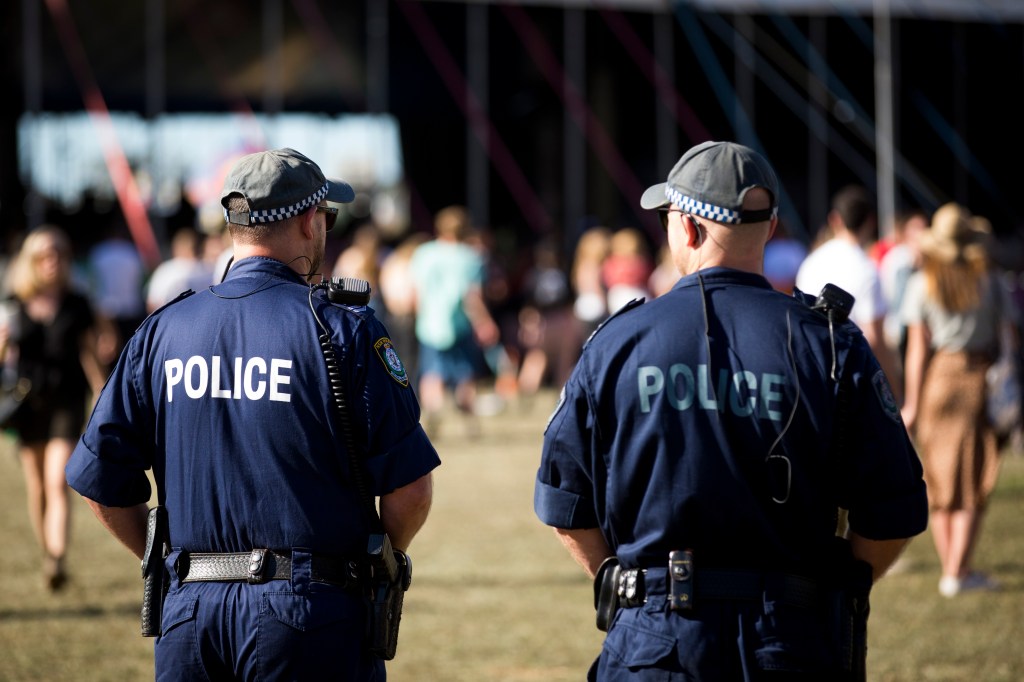A New South Wales police officer has admitted that 19 strip searches he conducted over two days at Splendour in the Grass in 2018 may have been illegal, during questioning at the Law Enforcement Conduct Commission’s investigation into possible misconduct around strip search powers by NSW police.
The senior constable said that while police had a “reasonable belief” patrons were carrying drugs on them after sniffer dog detections, he conceded that the level of urgency required to lawfully carry out strip searches was not met. Police are required in New South Wales to meet thresholds for urgency and seriousness before carrying out a strip search.
As the Guardian reports, Chief Commissioner Michael Adams QC asked during the hearing “There was no urgency at all in any of these searches, was there, now you’re looking back?” to which the officer replied “No.”
“From which it follows, I think you agree, the searches were not lawful,” said Adams, to which the officer agreed, saying the process had been a “massive learning experience.”
Adams suggested the thresholds for urgency and seriousness were not clearly defined, asking the officer “Am I right in saying in your training there is not real attention given to what might constitute seriousness?”
“Yes, I agree,” replied the officer.
Of the 19 searches the officer carried out, only one person was found to have drugs on them – a single diazepam tablet. The inquiry previously heard evidence that less than 10% of the 143 strip searches conducted at the festival found drugs.
On Monday, the inquiry focused on a 16-year old girl who was forced to strip naked in front of police at Splendour in the Grass 2018 after a sniffer dog incorrectly indicated drugs on her person.
As ABC reports, the inquiry heard that in the case of strip searches on a minor, a parent or guardian must be present “unless an immediate search is deemed necessary to protect the person or prevent evidence being destroyed.”
The teenager says she was left feeling “completely humiliated” by the process.












